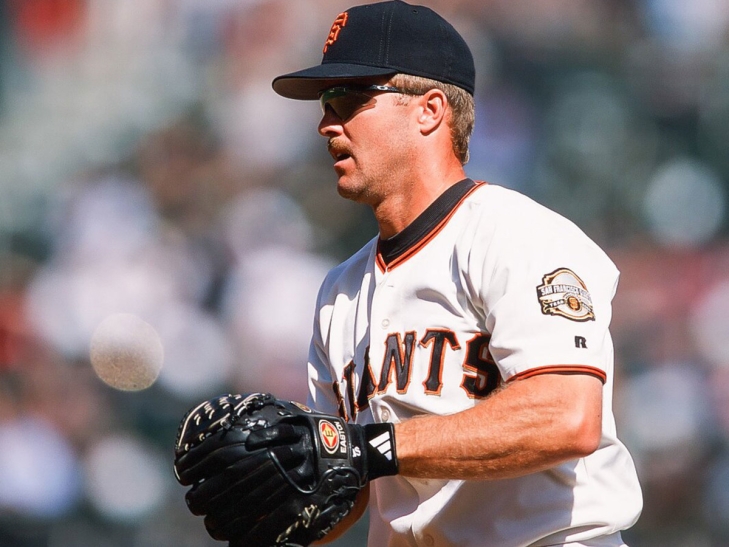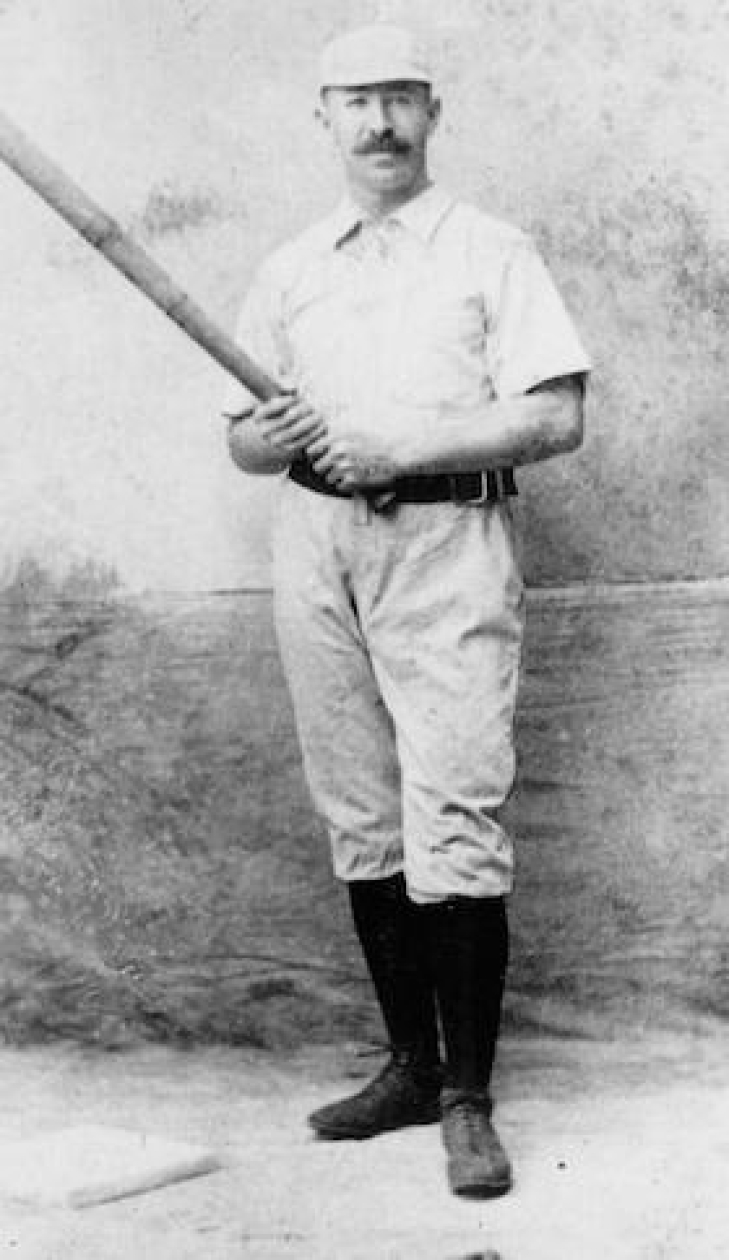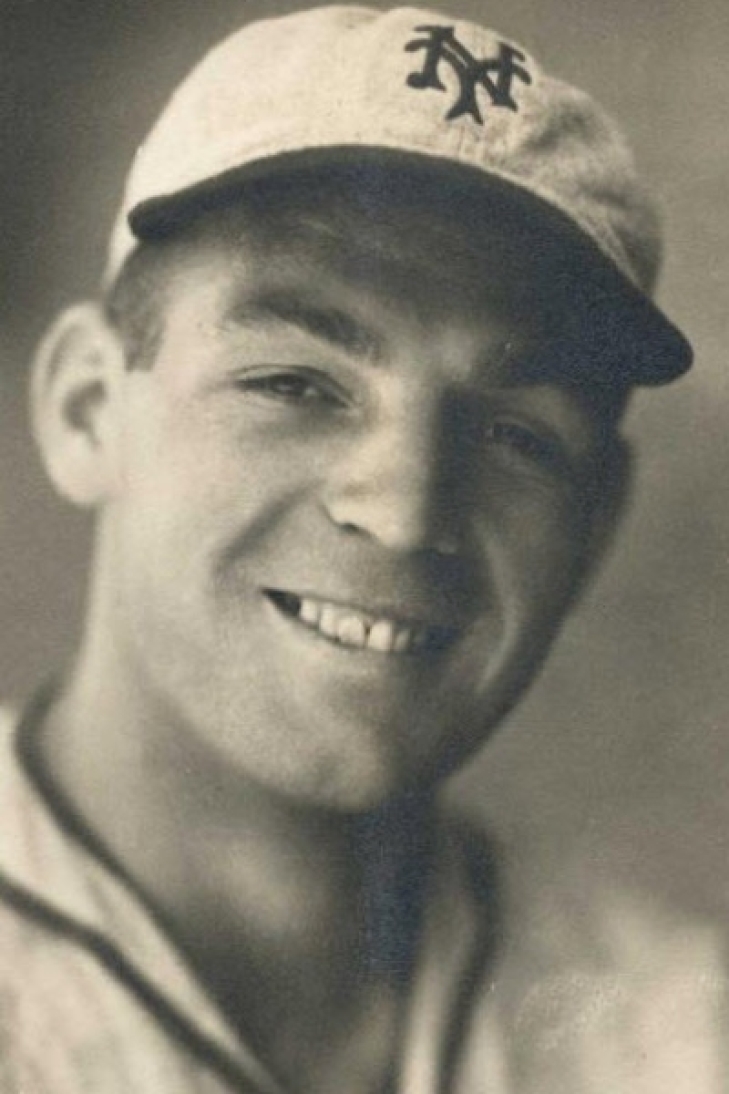
Committee Chairman
33. Brandon Crawford
Brandon Crawford has to date played his entire career with the San Francisco Giants, a team he debuted for in 2011.
Playing at Shortstop, Crawford has been excellent defensively, winning four Gold Gloves and two Wilson Defensive Awards, but he has been capable offensively too. Crawford became the sixth player to blast a Grand Slam in his first MLB Game, and the three-time All-Star has twice hit at least 20 HR in a year.
Crawford led the NL in Triples in 2016, and in 2021, he had his best year in Baseball, with a 24 HR/.298 BA year, where he was fourth in MVP voting.
Crawford slowed down considerably in 2022, and he left for the Cardinals in 2024 via free agency. With the Giants, Crawford accumulated 1,392 Hits and 146 Home Runs.
30. Jeff Kent
Jeff Kent was often a controversial figure, like the man he often batted ahead of (Barry Bonds), though the Giants had no idea that might be the case. He also exceeded all of their expectations, which makes the occasional headache worthwhile.
The Second Baseman had not accomplished much in the Majors, and though he was an everyday player, he was not a superstar. This all changed on the West Coast, with Kent belting at least 23 Home Runs and 101 RBIs and all six of his San Francisco seasons. An All-Star from 1999 to 2001, and Silver Slugger from 2000 to 2002, Kent won the MVP over his teammate, Bonds, in 2000 and was the beneficiary of his place in the lineup. Kent and Bonds did not get along, but they co-existed, allowing for one of the most potent hearts of a batting order in the early 2000s.
When Kent was a Free Agent, he left for Houston, leaving behind 1,021 Hits, 175 Home Runs, and a .903 OPS. In 2009, Kent was the lone induction into the Giants Wall of Fame.
31. Buck Ewing
We have to go way back for this one, as Buck Ewing joined the Giants in 1883, after
A player with multiple defensive skills (he played at Catcher, Outfield, Second, and Third), Ewing began his career in the National League with Troy, where he played three seasons before the team folded, and he joined New York, the team where he became a star. Along with his defensive versatility (though he was at his best as a Catcher), Ewing was a competent hitter, batting over .300 in six of his first seven years with New York.
19th Century Baseball was not a power game, but Triples and Stolen Bases were in vogue, and Ewing could deliver. He was the league leader in Triples with 20 in 1894 and had 109 in total as a Giant. Ewing stole 178 bases on the base paths for New York, an astonishing number for a Catcher. Ewing was also a large part of the original version of the World Series, leading New York to titles in 1888 and 1889.
After 1989, Ewing was one of many players who jumped to the Players League, but with that organization lasting only one year, he was back to the Giants, playing there three more years before he was traded to Cleveland.
In 1939 Ewing was elected into the Baseball Hall of Fame by the Old Timers Committee.
36. Hal Schumacher
Hal Schumacher played his entire MLB career with the New York Giants, where he flirted with being an ace for a brief period.
Schumacher debuted in 1931 but began a three-year run in 1933, where he was a massive part of New York's success. An All-Star in 1933 and 1935, Schumacher went 19-12 with a 2.16 ERA while leading the NL in H/9 (6.9), and he would help lead the Giants to a World Series win, gaining a decision in the Fall Classic. It was his only World Series Title, but not his only good year.
In the year between his two All-Stars (1934), Schumacher had what could be considered his best regular season, at least in terms of Wins (23) and MVP voting (9th). Following 1935, Schumacher was a middle-of-the-road Starter, never winning more than 13 Games, though he was far from a liability. He left the Majors for the American Military in World War II, missing three years (1943-45), and returned for one last season in 1946.
Overall, Schumacher had a record of 158-121 with a 3.36 ERA.





